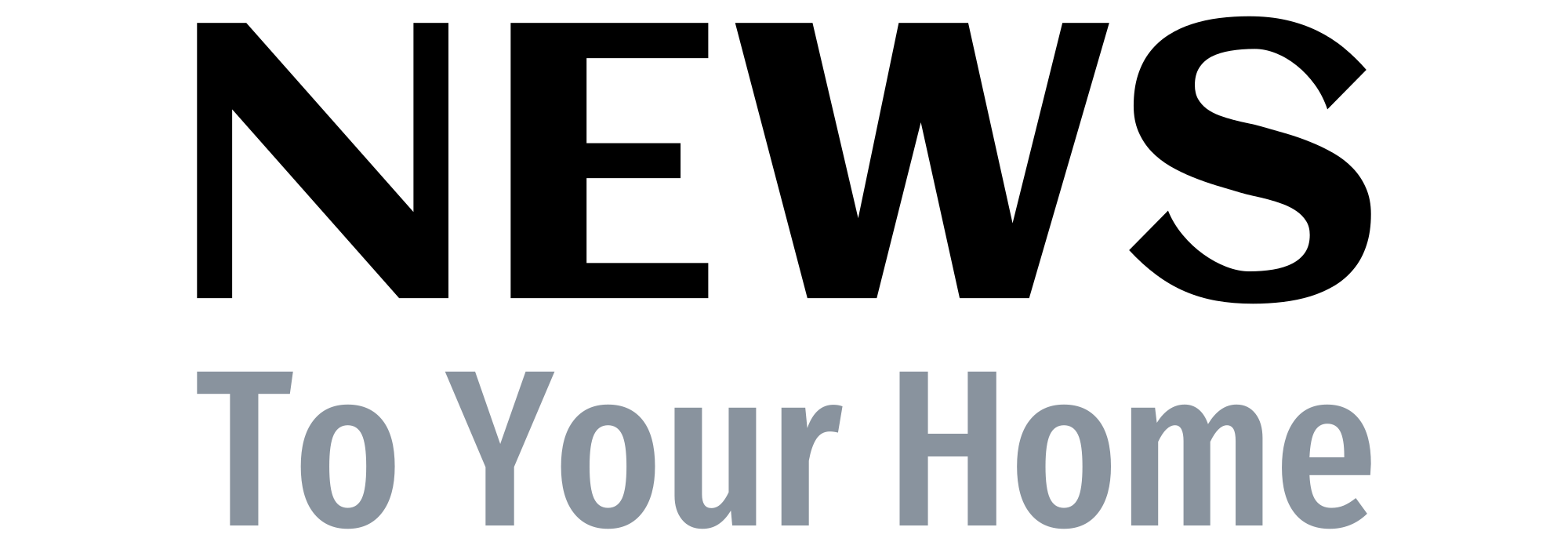Netflix’s latest web series, IC 814: The Kandahar Hijack, has ignited a heated controversy, drawing the attention of the Indian government. Social media users and political figures have accused the series of distorting historical facts by giving Hindu names to the 1999 hijackers, who were actually Muslim terrorists. The uproar has led to the Centre summoning Netflix India’s content head, Monika Shergill, for questioning.
The Controversy:
The six-episode series IC 814: The Kandahar Hijack , directed by Anubhav Sinha, is a fictionalised account of the infamous 1999 hijacking of an Indian Airlines flight from Kathmandu to Delhi. The aircraft was diverted to Kandahar, Afghanistan, where the then Vajpayee-led Indian government was forced into a hostage trade-off, releasing Masood Azhar and two other terrorists.
The controversy erupted when BJP’s IT cell chief, Amit Malviya, took to Twitter to criticise the series for “legitimising” the terrorists by using their non-Muslim pseudonyms, thus, in his words, whitewashing their criminal intent. He warned that such portrayals could lead future generations to mistakenly believe that Hindus were responsible for the hijack.
Centre’s Response:
The Centre swiftly reacted to the growing outcry, summoning Netflix’s content head to address the concerns. Monika Shergill is expected to clarify the rationale behind the series IC 814: The Kandahar Hijack creative decisions, particularly the use of Hindu names for the hijackers.
The Series’ Defence:
People involved in the production have defended the series IC 814: The Kandahar Hijack , explaining that the Hindu names used by the hijackers were actual aliases employed by the terrorists during the hijacking. The series IC 814: The Kandahar Hijack , they argue, does not obscure their Muslim identity, which is depicted elsewhere in the show.
Whats the truth ?
In the immediate aftermath of the hijacking in 1999, the then Union Home Minister issued a detailed statement, revealing crucial information about the incident and the involvement of Pakistan’s Inter-Services Intelligence (ISI). The Home Ministry statement reveals the arrest of four ISI operatives who were integral to the support cell for the hijackers.
The statement categorically states that the hijackers – Sunny Ahmed Qazi, Shakir a.k.a Rajesh Gopal Verma, Mistri Zahoor Ibrahim, Shahid Akhtar Sayed and Ibrahim Athar used nicknames like Bhola, Shankar, Doctor and Burger to address each other inside the plane.
“To the passengers of the hijacked place these hijackers came to be known respectively as (1) Chief, (2) Doctor, (3) Burger, (4) Bhola and (5) Shankar, the names by which the hijackers invariably addressed one another,” the government statement reads.
Political and Public Reactions:
The controversy has reignited the ongoing debate over the portrayal of sensitive historical events in Indian cinema and on OTT platforms. BJP leaders and members of the Hindutva ecosystem have long accused platforms like Netflix of pushing an anti-India and anti-Hindu agenda. This incident has only intensified their calls for stricter regulation of online content.
Opposition figures have responded by suggesting that the BJP’s fury is more about the series’ portrayal of the NDA government’s handling of the hijacking crisis. The series depicts key figures, including those resembling late foreign minister Jaswant Singh and current national security adviser Ajit Doval, in less-than-flattering lights.
Ongoing Debate:
The dispute over IC 814: The Kandahar Hijack is part of a broader discussion on the freedom of artistic expression versus the need for historical accuracy in media portrayals. As the debate rages on, the Centre’s decision to summon Netflix officials signals a potential shift toward greater governmental control over online content, raising questions about the future of creative freedom in India’s digital landscape.
The row over IC 814: The Kandahar Hijack is far from over, with both sides digging in their heels. As Monika Shergill meets with government officials, the outcome could set a precedent for how streaming content is regulated in India, particularly when it comes to the portrayal of sensitive historical and political events.


[…] you in the language you understand.” He also boasted of being the “Gabbar of Hindus,” claiming that his presence on the streets forces Muslims to shut their doors and […]